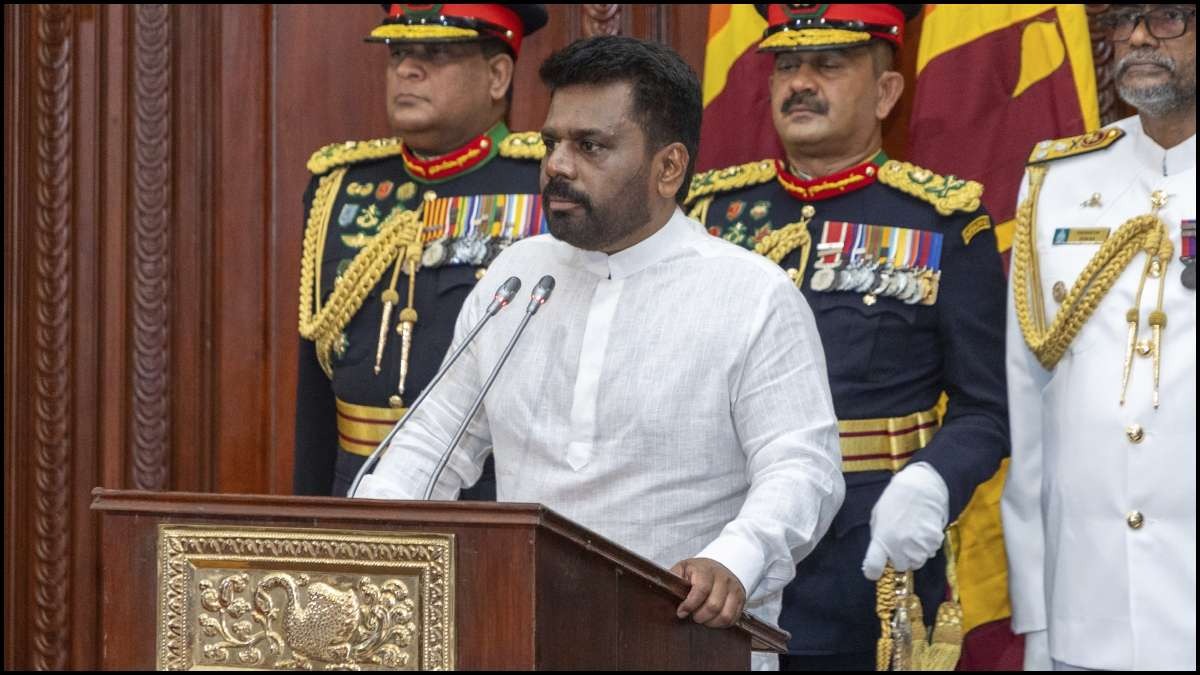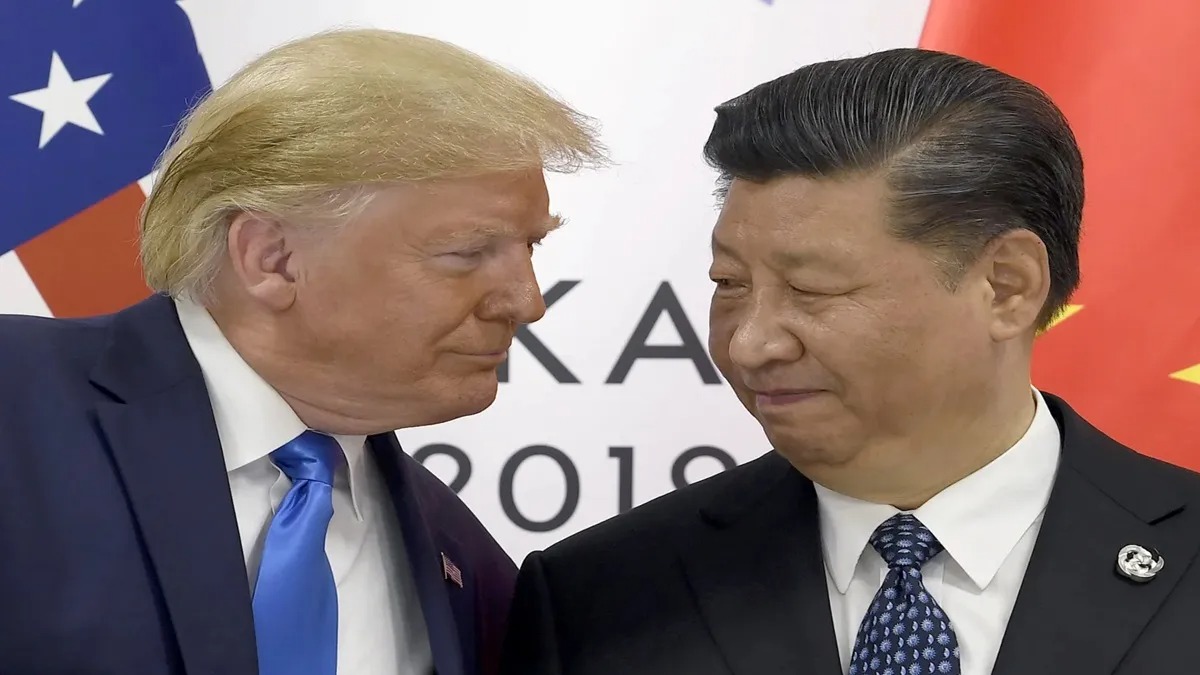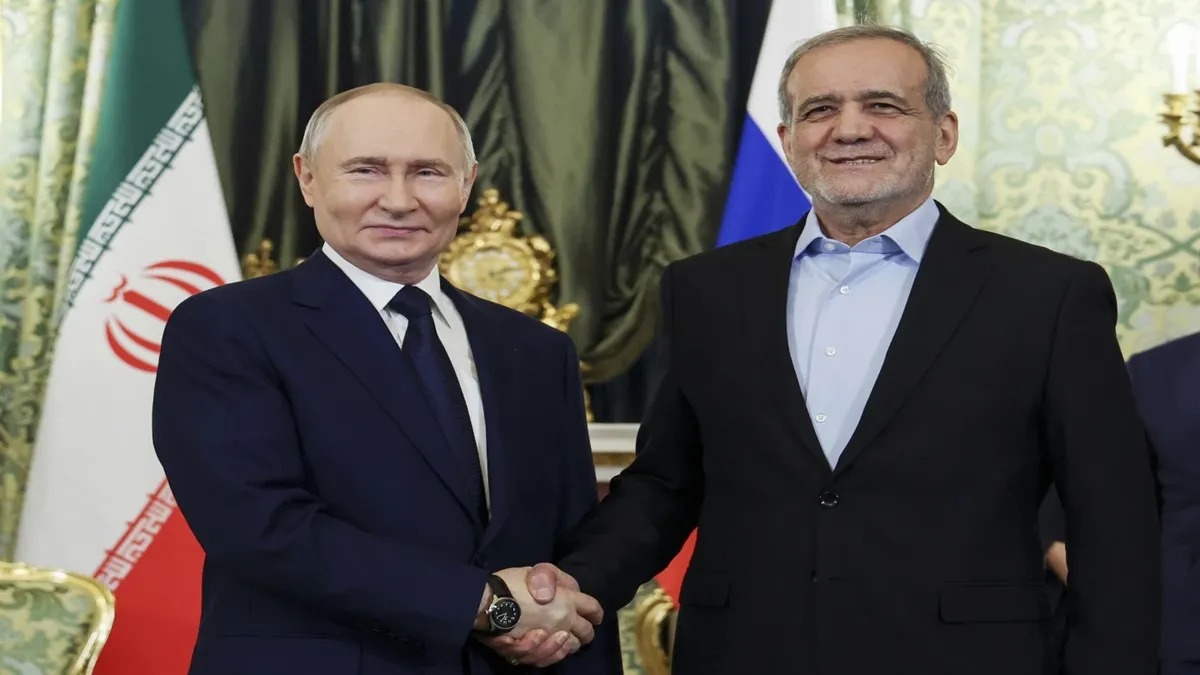
International: A day after Sri Lanka's newly-elected President Anura Kumara Dissanayake assumed office after emerging victorious in the presidential election held on September 21, he dissolved the country's Parliament and announced a snap parliamentary election on November 14. Dissanayake had already announced ahead of the elections that he would dissolve the parliament and order a snap election.
The Marxist-leaning won the Sri Lankan presidential election, defeating opposition leader Sajith Premadasa in a historic second round of vote counting. Dissanayake is the leader of the Janatha Vimukhti Peremuna (JVP), which is part of the National People's Power (NPP) alliance and has traditionally championed Marxist economic policies centred on protectionism and state intervention.
Dissanayake, 56, was sworn in as Sri Lanka's ninth president by Chief Justice Jayantha Jayasuriya at the Presidential Secretariat on Monday. His swearing-in came hours after Prime Minister Dinesh Gunawardena resigned from his post as part of a power transition in the country following the presidential election.
Why did Dissanayake dissolve Parliament?
Sri Lanka's 225-member Parliament has a term of five years. The last parliament was convened in August 2020 and Dissanayake's decision to dissolve the parliament came 11 months ahead of schedule. The NPP alliance led by Dissanayake and his JVP party has just three seats in the Parliament, as it has largely remained on the fringes of politics and has not come close to power until now.
Dissanayake promised to bring change for those reeling under austerity measures linked to the IMF bailout and debt rework, but passing an interim budget could be difficult without backing in the parliament. Therefore, the president called for snap general elections to seek a fresh mandate for his policies.
In a meteoric rise for the NPP, millions of Sri Lankans voted for the opposition parliamentarian in the first election held in the country after it suffered the worst-ever economic crisis in 2022. A dire shortfall in foreign exchange reserves in 2022 pushed Sri Lanka's economy into its worst crisis in decades. The NPP led mass protests that culminated in the ouster of then-President Gotabaya Rajapaksa.
How much would the parliamentary election cost?
Sri Lanka’s parliamentary election on November 14 is expected to cost more than the presidential election held last week. Top election official Saman Sri Ratnayake said that the parliamentary election would cost 11 billion Sri Lankan rupees (Rs 3 billion) up from 10 billion rupees for the presidential election.
However, the money for the parliamentary election was not allocated in the current year’s budget. The previous president, Ranil Wickremesinghe, planned to hold the parliamentary election next year as they were due in August next year. Wickremesinghe, as the minister of finance, had limited the money allocation this year only to cover the presidential election.
Can the president announce snap election?
As per Sri Lanka's political system, a President serves both as the head of state and head of government, as well as the commander-in-chief of the Sri Lankan armed forces and the head of the Union Cabinet. Therefore, the President has the power to dissolve the Parliament and call for snap elections.
This came after Dissanayake appointed his cabinet of four, including himself and also Harini Amarasuriya was sworn in as the new Prime Minister of Sri Lanka, making her the 16th person to hold the position. Amarasuriya also became the third female Prime Minister in Sri Lankan history following the world's first woman prime minister, Sirimavo Bandaranaike in 1960.
Dissanayake, who does not possess political lineage like some of his rivals in the presidential election, is now tasked to fight corruption and bolster a fragile economic recovery following its worst financial crisis in decades. Dissanayake, 55, presented himself as the candidate of change for those reeling under austerity measures linked to a $2.9 billion International Monetary Fund bailout, promising to dissolve parliament within 45 days of taking office for a fresh mandate for his policies in general elections.
--Advertisement--

 Desk
Desk Share
Share






